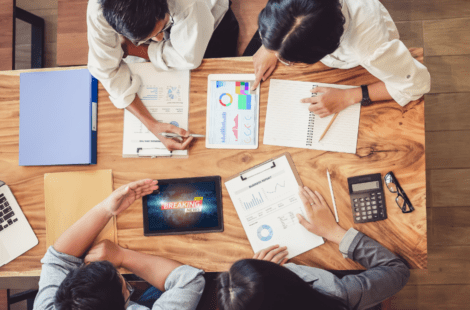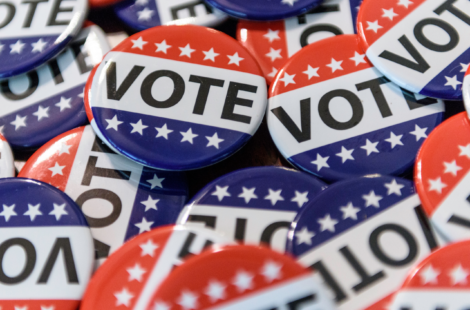The latest Meta news from The Verge is weighing heavy on our minds today. Zuckerberg sat down with Stratechery and laid out his new vision for the advertising future, and it’s troubling. Coming from someone who is usually a supporter of all things social, that’s saying something.
It seems that Meta’s goal isn’t just to continue to find ways to enhance ads with AI—it’s to completely automate the entire advertising ecosystem. He says businesses will be able simply “connect to your bank account” and “read the results we spit out.” No creative input. No targeting demographics. No independent measurement.
Ever since Meta incorporated their Advantage Shopping campaigns, and Google implemented Performance Max, we have worked tirelessly (and successfully, I might add) to leverage machine learning with a decidedly human approach, customizing and testing every available element. I tell brands we work with the same thing: if every brand surrenders their marketing to the same machine learning, who truly benefits? We use this graphic in our decks for a lighthearted visualization: When you leave too much to the algorithm, only Zuckerberg wins.
But this takes it much further. When Meta creates a completely closed ad ecosystem, how will distinctive brand voices emerge? How will brands ensure their own protection and brand safety? When creative expression becomes fully automated, what happens to the human element that drives authentic connections? The connections that make social media what it is?
It feels like Meta is going from a company who used to want our trust, to then accepting that they can’t have it and being okay with that because people will use their platforms anyway, to now a devil-may-care, winner-take-all mentality. Scorched earth. Meta above all.
I have seen firsthand when Meta’s algorithm goes wrong. Misallocated spend. Inaccurate targeting. Creative delivery mistakes. Upended performance for no reason. And eventually, we are just supposed to go hands off and trust that it will all work out?
Meta is currently involved in a court case to potentially break up Facebook and Instagram because of increasing regulatory scrutiny. They are already deemed a monopoly in social media. Now this feels like they want to become a monopoly of the entire advertising industry.
I’m an eternal optimist, so I will remain optimistic about our industry’s future. While platforms may push for total automation, they cannot replicate the cultural understanding, creative intuition, and strategic thinking that experienced marketers bring to the table. That’s something no algorithm can replace, no matter how sophisticated. Because in a world racing toward automation, the human touch may be our most powerful differentiator.


